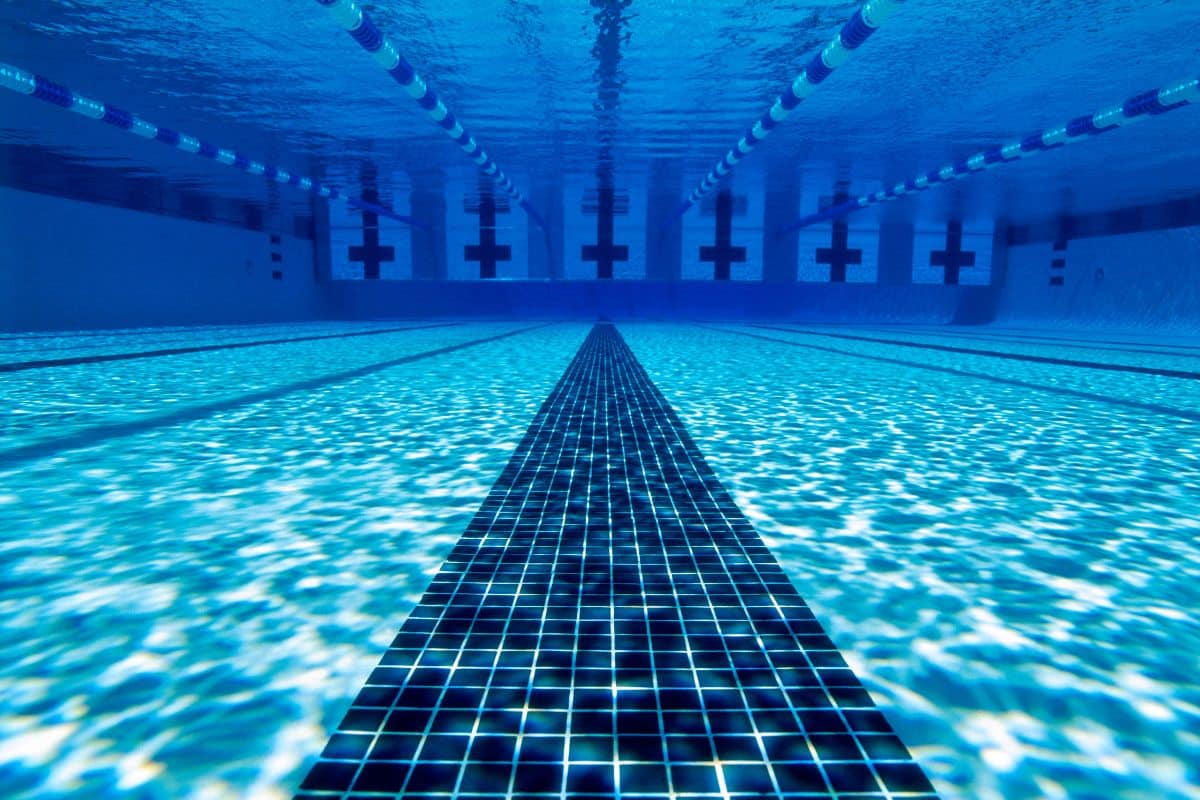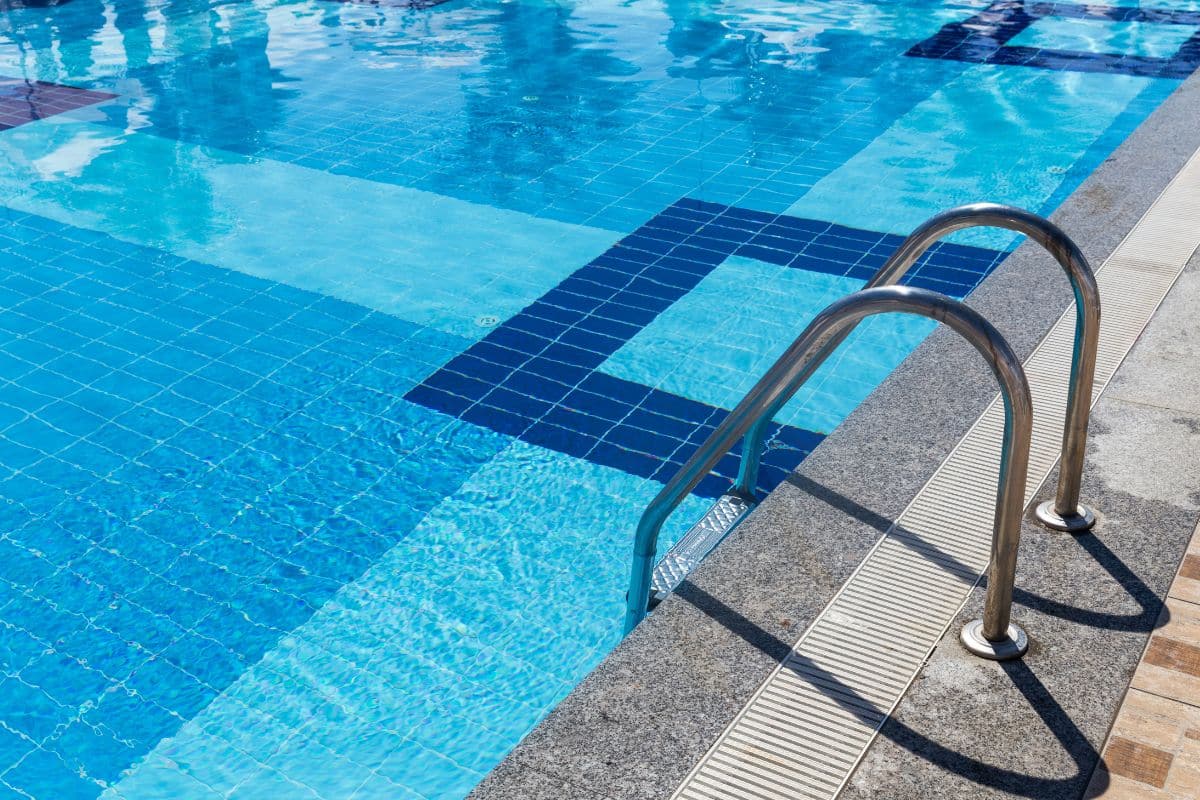Call Us TODAY: (417) 771-7552
Drowning, Slips & Illness Prevention at Commercial Pools

Running a commercial pool is not only about having clear water and an appealing space—it’s also about having safe people. As the owner or manager of a commercial property, you must make your pool not only operational but risk-free as well. Whether at a hotel, gym, school, or apartment complex, neglecting pool safety can be dangerous.
Top Causes of Pool Injuries & How to Prevent Them
At Imber Pool & Outdoor, we’ve seen firsthand how neglected threats can escalate rapidly. From slip accidents to bacterial infections and near-drownings, even a minor mistake can create liability issues and costly repairs. The consequences of neglecting pool safety are not just financial but also affect the well-being of your patrons. That’s why we’re committed to keeping you ahead of the curve with real-world, expert-approved advice that lowers risk.
For trustworthy commercial pool repair in Springfield, MO, it’s not merely about repairing issues—it’s about avoiding them from the beginning.
Drowning: Prevention Begins with Supervision and Barriers
The CDC indicates that drowning is still among the leading causes of unintended injury fatalities within the U.S., particularly in commercial pool settings where population levels tend to vary. Having a lifeguard—or at least trained personnel—on-site can help decrease drowning hazards immensely.
But oversight is more than keeping someone on call. Set reasonable safety procedures, change watch positions, and conduct CPR training to have your staff prepared to move quickly when seconds matter. For unsupervised pools, fit fencing, self-closing gates, and clear signage to keep the user aware and safe.
What are the most effective measures in preventing drowning at a commercial pool?
The most efficient ones are trained supervision (e.g., lifeguards), the use of physical barriers such as fences and self-closing gates, clear signage, and the availability of rescue equipment.
Slips and Falls: Prevent Accidents Before They Occur
Moist surfaces and heavy foot traffic are a formula for disaster. Pool deck falls are a primary source of commercial liability claims, frequently leading to expensive settlements and ruined reputations.
So, how can you minimize the risk of a slip? Begin by putting down slip-resistant surfaces, like textured pavers or rubberized coverings. Scan for worn areas, algae deposits, or uneven spots regularly. Clean daily to get rid of slick spots created by sunscreen, oils, or algae.
Waterborne Illnesses: Safe Water Starts with Chemistry
Recreational water diseases (RWIs) due to bacteria such as Cryptosporidium and E. coli usually result from inadequate water management. The World Health Organization says inadequate disinfection and filtration are prime causes of waterborne outbreaks at public and commercial pools.
The solution? Stay on top of your water chemistry. Test chlorine, pH, and alkalinity levels daily, and monitor cyanuric acid levels to avoid chlorine lock. A balanced pool isn’t just more inviting—it’s safer.
If you’re facing recurring issues, our swimming pool repair in Springfield, MO, can help identify root causes and restore your water quality quickly.
How can commercial pools prevent waterborne illnesses?
Keeping chlorine and pH levels in check, utilizing good-quality filtration systems, and ensuring regular water testing are vital to avoiding RWIs. Backwashing frequently and upgrading circulation reduces microbial development.
Filtration and Circulation: Keep It Moving, Keep It Clean
Stagnant water is a haven for bacteria, biofilm, and algae. Ensure your pump system for your pool is working efficiently. Replace filters according to the manufacturer’s guidelines and ensure return inlets offer full circulation coverage.
A properly circulated pool reduces dead spots—locations where the water stops flowing and bacteria can grow. Maintaining your filtration system also helps extend the lifespan of your pool infrastructure, saving you money in the long run.
Regular Maintenance + Timed Inspections = Long-Term Safety
Developing a routine maintenance schedule is the foundation of long-term pool safety. Daily water balance, surface condition, and equipment status checks keep things humming along. But don’t leave it at that.
Schedule quarterly professional inspections during high-use periods. That’s us. With or without an older facility to maintain, or if you’re looking to improve your space, our experts provide customized solutions that fit your specific requirements.
Searching for Swimming Pool Builders Near 65809? We know the area and understand local code requirements, so you’re never left guessing.
How often should commercial pool equipment be inspected?
Basic components should be inspected daily, including water chemistry and circulation. Complete system inspections—like pumps, filters, and deck surfaces—should occur every 3–4 months or more often during peak usage periods.
Let’s Make Your Commercial Pool Safer—Together
At Imber Construction, safety is embedded in all we do. We don’t merely install and repair swimming pools as a reputable swimming pool installer in Springfield, MO. Still, we assist you in designing an environment where visitors feel safe to relax.
If you’re worried about possible dangers, or your facility hasn’t been safety-checked in some time, let’s discuss it. You’ll receive professional advice, open communication, and staff who prioritize your sense of security.
Are you looking for risk management assistance at your facility? Let’s make your commercial pool safer to swim. Contact Imber today.




